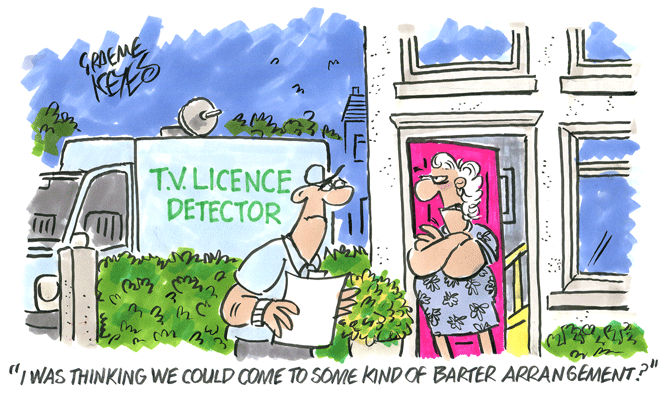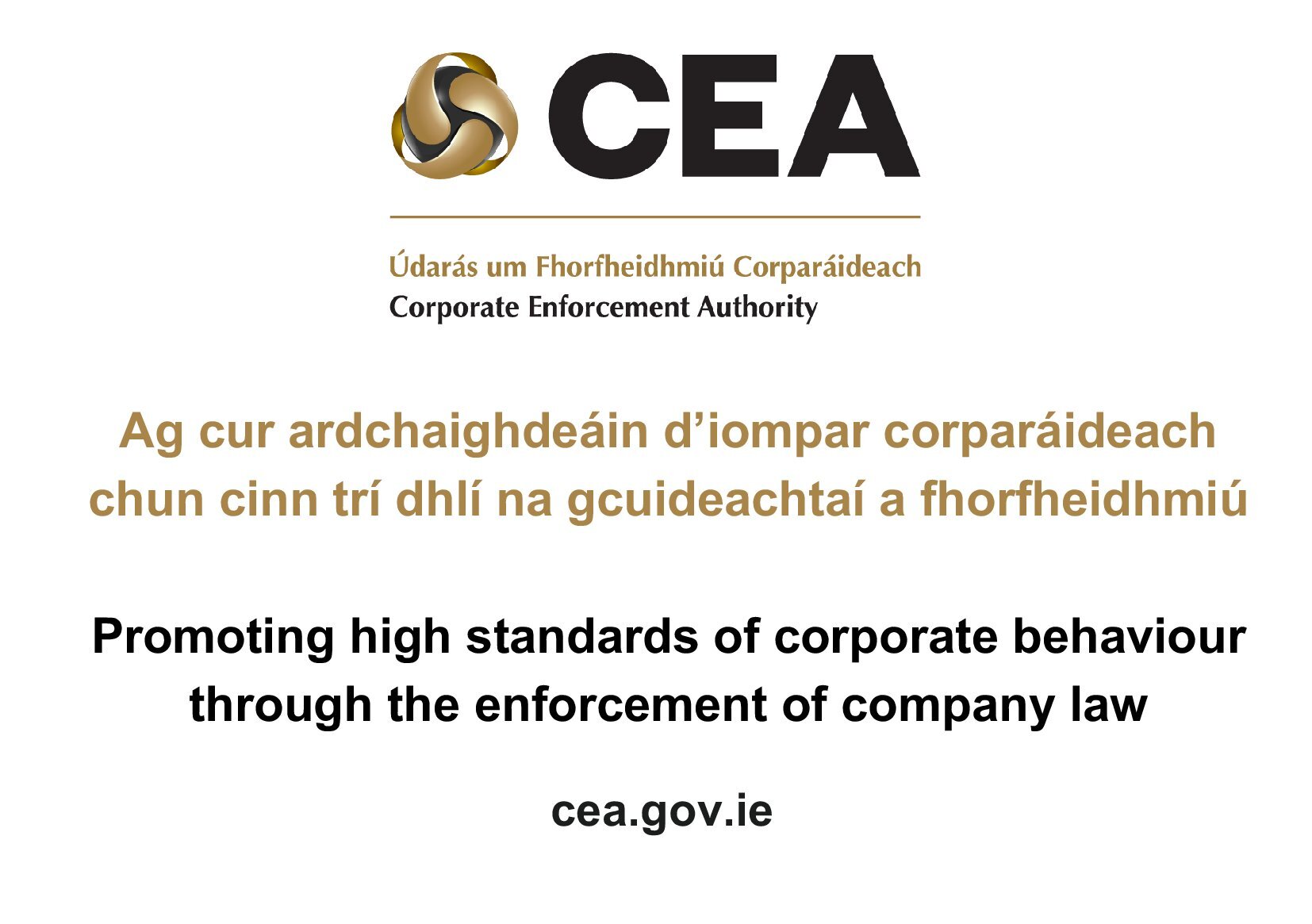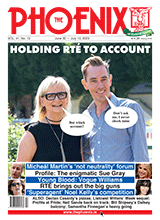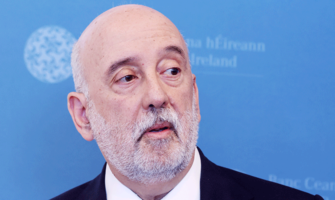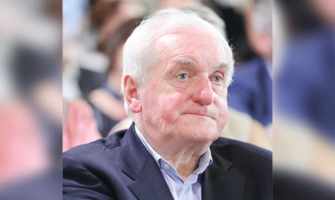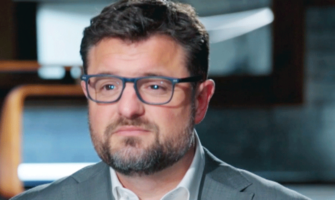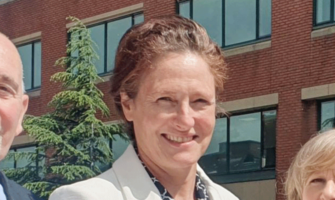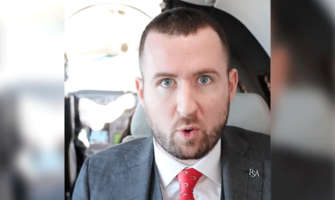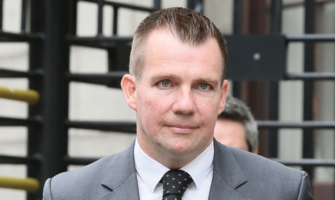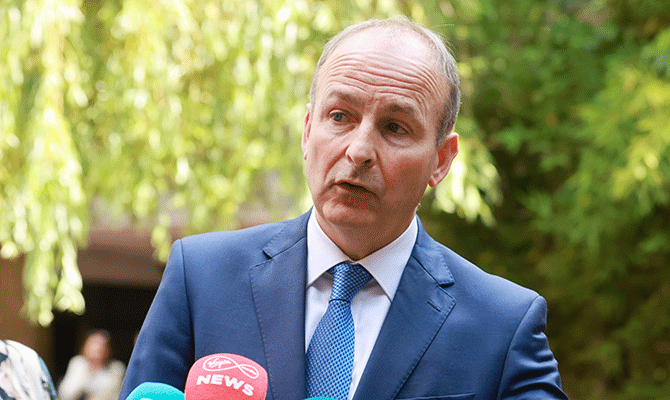
Micheal Martin
IN ITS push back against President Michael D Higgins and other defenders of neutrality, the Irish Times last week blamed an allegedly mistaken Leo Varadkar last March in Brussels for characterising Tánaiste Micheál Martin’s security forum in the context of neutrality. Sure, what would the Taoiseach know? What IT journalists and sophists at the Department of Foreign Affairs (DFA) really mean is that Vlad was wrong to spell it out. This is because, given the overwhelming attachment of Irish people to neutrality, it cannot be tackled head on but with stealth, deception and Orwellian rhetoric.
Martin insisted that the forum was composed of “inclusive… panellists… with a variety of expertise and experience, including in peacekeeping, peacebuilding, arms control and disarmament and conflict resolution”. As deliberately misleading verbiage and political statements go, this is gold standard – as is the banal mantra that it is good to debate security.
It would certainly be good to have a real debate with more than one dominant theme but Martin’s security forum – a retreat from his promised citizens’ assembly – was a one-sided lecture with western militarists in the driving seat.
That forum speakers did not mention Irish neutrality, Nato or an EU armed force in every sentence does not alter their alarmist, militarist arguments. These aim to draw Ireland and its willing Government, academics and media into wars to advance western interests across the globe.
Goldhawk has done a trawl through what Martin describes as an “inclusive” list of speakers and the trend is overwhelming, with the first three being a good indication of this bias. The opening speaker on the forum’s first panel (on global security environment) was Renata Dwan, deputy director of Chatham House, aka the Royal Institute of International Affairs (RIIA), whose president is Eliza Manningham-Buller, formerly director general of MI5.
Also among the institute’s senior advisers is the former chief of the British secret intelligence service, MI6, Sir John Sawers. Another RIIA senior adviser is Rt Hon Lord Robertson, a former secretary general of Nato. The committees of RIIA/Chatham House are stuffed with global corporate executives, including two from Goldman Sachs, and various intel and military types.
“The reigning sovereign serves as patron of the institute” which, it goes on to claim, is an “independent, non-partisan voice on international affairs”.
The second speaker up was Irish militarist and academic Brigid Laffan, who has regularly demanded an end to the “sacred cow” of Irish neutrality as well as the triple lock and has also said that Ireland should “take full part in the further development of the EU’s security capacity” (see The Phoenix 28/7/17).
Third on this belligerent panel was Neil Melvin, who enjoys the evocative title of director, international security, at the Royal United Services Institute (RUSI). The chaps at RUSI are quite clear about their mission, which centres on “UK defence, security and international affairs, and how to improve the safety of the UK and that of our partners in Nato and the European Union… we are proud of our history, traditions and royal patronage”. Just one of RUSI’s “distinguished fellows” is vice-admiral Patrick Chevallereau, ex-military attaché to the UK who has held numerous posts at Nato.
One feels sorry for the fourth speaker on this panel, Concern’s head of international advocacy, Réiseal Ní Chéilleachair, whose inclusion was so obviously token and who appealed for a “more equal, sustainable and peaceful world”.
The second panel (European security post-Ukraine and implications for Ireland) was begun by UCC academic Andrew Cottey, who has been a Nato research fellow and a research associate at the International Institute for Strategic Studies. The second speaker was DCU professor Gary Murphy, who in a tweet took a swipe in advance at those “hysterical voices” that imply “all the speakers are Nato stooges out to end Ireland’s neutrality”. The third speaker was another senior Chatham House executive, acting deputy director Patricia Lewis.
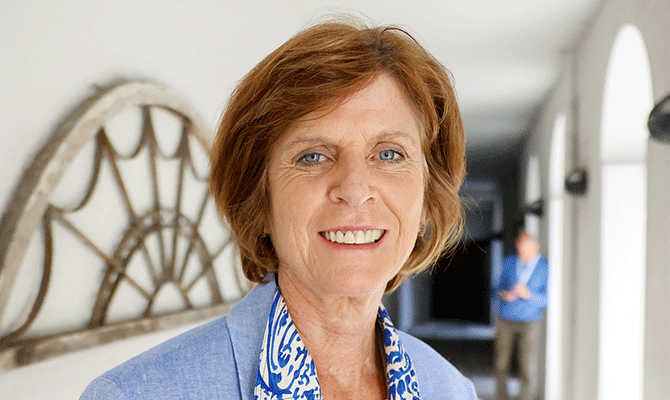
Dame Richardson
STRATEGIC OUTLIER
Moderating the third session (cyber security) was Richard Browne, head of the National Cyber Security Centre (NCSC), who explained that the NCSC is directly involved with two Nato defence bodies.
An interesting speaker was Caitríona Heinl of the Azure Forum for Contemporary Security Strategy. Last September Heinly spoke at a MacGill Summer School session entitled ‘Is Neutrality an Option Any More?’, at which she opined that Ireland was a strategic outlier in terms of both EU defence policy and EU and Nato co-operation. Heinl has worked as an associate partner with Vedette Consulting Ireland, whose parent body, Vedette Consulting, has worked for the British armed forces and also the Defence Forces and Department of Defence (see The Phoenix 9/9/22).
Brigadier Sean White, who also spoke, is director of communications and cyber defence of the European Union Military Staff, which is underpinned by the EU Common Security and Defence Policy.
Heinl moderated the session on maritime security, at which University of Galway’s Brendan Flynn spoke. Flynn once argued that extra spending on defence would enable us to have an influence in the world and allow us to “be able to look Ukrainians in the eye”.
University of Copenhagen professor Christian Bueger spoke at this session. Last April Bueger implied that the Russians sabotaged their own Nord Stream pipeline. He has argued that Nato and the EU have not done enough in their plans for its updated maritime security structure.
The Galway venue heard a panel discuss lessons from Ireland’s recent spell on the UN Security Council and it was not expected that Shane Ryan, an Irish diplomat at the UN, would conflict with Government policy on security.
TRIPLE LOCK
The CV of another speaker, UCD academic Ed Burke, would not have alarmed Irish militarists as he lectured for a period at the RAF College in Lincolnshire and also at RUSI and Chatham House as well as the Naval Postgraduate School in the US. Perfect credentials for an ‘inclusive’ discussion on Irish security needs. Chatham House deputy director Dwan also spoke again on this panel.
Dwan also ‘moderated’ the session on the triple lock, where the most gung-ho of security correspondents, Declan Power, has actually moderated his former line of supporting Irish membership of Nato. Power now argues that we should do most of what we do as if we are members but without joining, presumably because he knows the Irish people won’t allow it. This panel also included a rare voice for peace in the form of Prof Ray Murphy, who has argued trenchantly against Nato membership.
The session on the EU Common Security and Defence Policy (CSDP) was in the safe hands of moderator Dame Richardson. The first speaker was Stijn Mols, CDSP’s head of division security and defence policy. The title speaks for itself.
Irish woman Maura O’Sullivan, the deputy head of the EU Advisory Mission Ukraine and another listed speaker, last month visited “liberated” Snihurivka, Ukraine, to announce a pilot project.
Maynooth academic John O’Brennan, listed to speak at another session on the CDSP, will have identified his preferences about neutrality with his demand last week for President Higgins to resign for speaking out on the security forum.
Martin Harrington is described in the DFA notes on speakers as a senior strategic adviser with the EU Advisory Mission Iraq, which is correct. He is also listed elsewhere as senior strategic adviser on counter terrorism.
The eagerly awaited panel on Ireland’s membership of Nato’s Partnership for Peace – a title beyond Orwellian – was composed of three speakers including, again, UCC’s Prof Cottey. The other two were James Mackey, director of security policy and partnerships, Nato; and Roberta O’Brien of the Irish Naval Service and who is currently on secondment to Nato’s defence capacity building unit. The political clues here are in the titles and designations.
The DFA describes Norway as a “principled foreign policy actor” but, in the context of Europe, it is a founder member of Nato. Speaker – and former foreign minister and senior Norwegian Conservative Party member – Ine Eriksen Søreide reflects this outlook. Two Norwegians were counterposed to two Swiss speakers, a defence mandarin and a director of Swisspeace.
The forum’s focus on Finland and Sweden, two recent applicants to Nato, was to hear an official in the Finnish foreign policy and security area and the Nato research programme at the Finnish Institute of International affairs as well as another Finnish official and an academic.
One of the two Swedes listed is Magnus Christiansen of the Swedish Defence University, where his main research interests are defence policy, Nordic-Baltic Sea security and Nato.
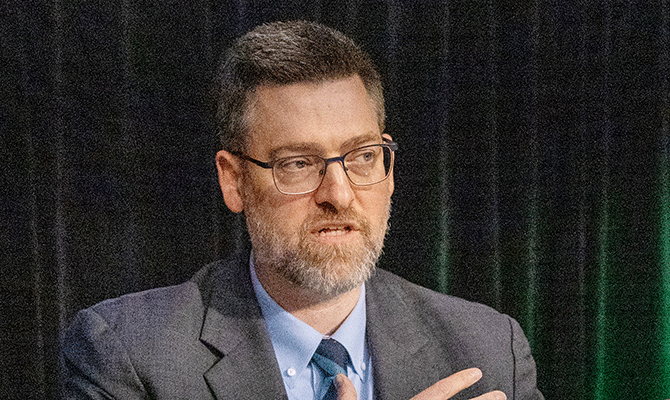
James Mackey
DISINFORMATION
DCU academic Jane Suiter was picked to address the subject of disinformation. Perhaps this is because she railed in the past about Supreme Court rulings in favour of equal coverage of EU referendums that, among other things, were designed to improve EU security co-operation.
Another speaker on this panel is Ross Frenett. In 2015, he founded Moonshot, a company focused on countering violent extremism and terrorism. It has expanded beyond that original focus and the monitoring, analysis, digital campaigns etc that it offers are in high demand. Companies such as Facebook and Google are joined by the US Department of Homeland Security as well as the British and Canadian governments in paying Frenett and his company to end all online harms.
The final session was due to hear Peace and Neutrality Alliance chairman Roger Cole be ‘moderated’ by Dame Richardson, along with neutrality opponent Brigid Laffan and the chief economist for the Europhiliac Institute for International and European Affairs (IIEA), Dan O’Brien, who has warned that Ireland will have to choose between neutrality and EU membership.
The problem is that repeated polls – at least four since Russia invaded Ukraine – have shown overwhelming support for the retention of neutrality.
